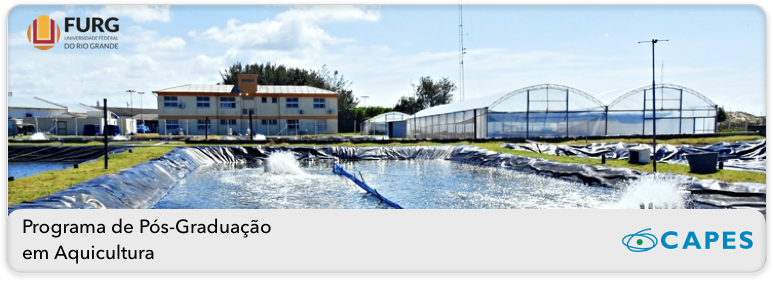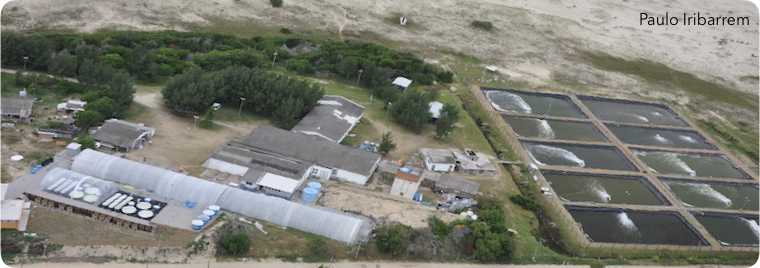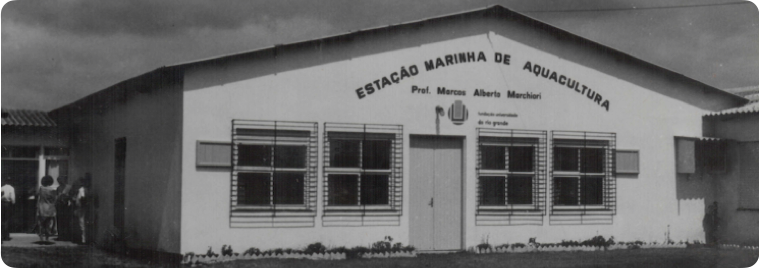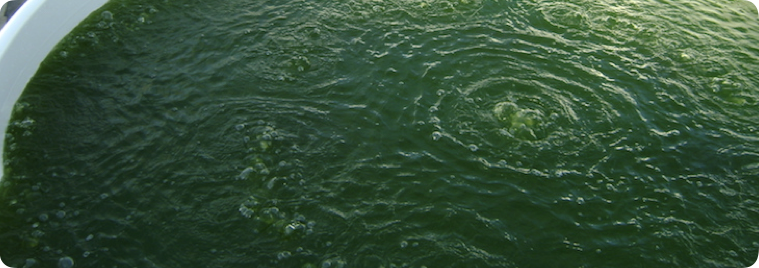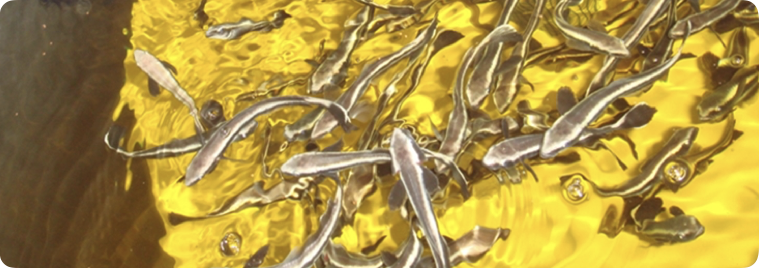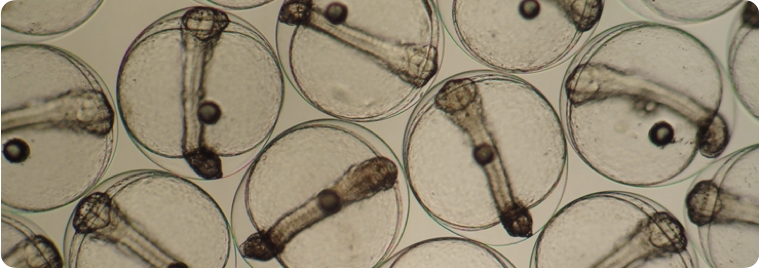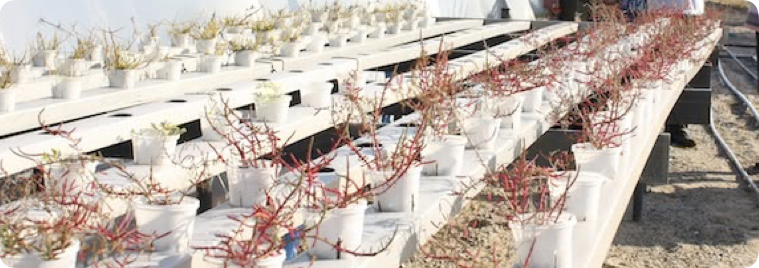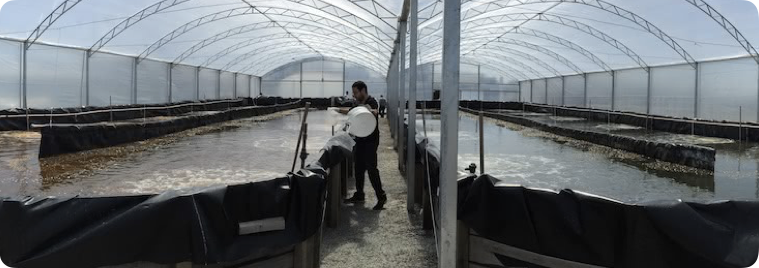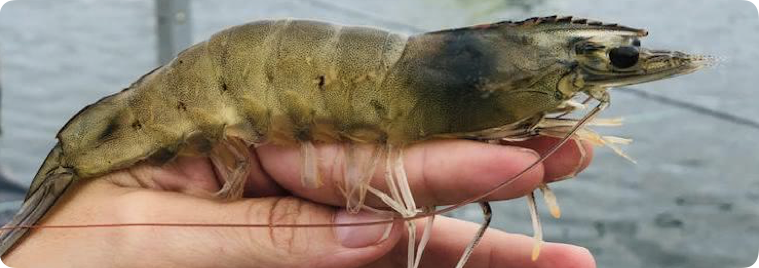The Postgraduate Program in Aquaculture (PPGAq), currently rated by CAPES as a concept 6, started its activities in 2002 driven by the expansion of national aquaculture. After 20 years of operation, the PPGAq can be considered a consolidated program and is characterized by developing its activities in line with the Institutional Development Program and the very vocation of FURG - a university focused on coastal and oceanic ecosystems. With this in mind, PPGAq teachers and students actively participate in numerous R, D & I projects with great interaction with Brazilian and foreign partners.
- The projects developed under the PPGAq are directed to the area of concentration of the program - Aquaculture, in its three lines of research:
- Production of Vertebrate Aquatic Organisms: with studies aimed at the development of technologies for the production of freshwater and marine fish;
- Production of Invertebrate Aquatic Organisms and Primary Producers: with the development of technologies for the production of shrimp, molluscs, micro and macro algae, as well as halophyte plants;
- Biotechnology Applied to Aquaculture: studies related to genetic engineering, production of aquatic organisms in a multitrophic system, evaluation of the use of antioxidant compounds in aquaculture, processing and bioproducts extracted from aquatic organisms.
In many cases, these lines act in an integrated manner in the development of innovative production systems, such as the bioflocations system (BFT), water recirculation systems (RAS) and integrated multitrophic system (IMTA), where the teams of PPGAq research are at the forefront of knowledge in Brazil and worldwide.
The infrastructure available to PPGAq researchers allows the carrying out of the most diverse studies, with high technological development, interdisciplinarity, and, in many cases, combined with the productive sector. These characteristics provide graduates with many possibilities in the labor market, whether in the academic and / or business world, both nationally and internationally. With these differentials, the PPGAq provides subsidies and collaborates with the achievement of the Sustainable Development Goals (SDGs) proposed by the UN. Through its lines of research, the PPGAq fits directly into at least 7 of the 17 SDGs, in particular SDG 2 - Zero Hunger (Ensuring sustainable food production systems and implementing resilient practices that increase the productivity and production, and that help to maintain ecosystems), and SDG 14 - Life Below Water (Increase economic benefits for developing and least developed countries, from the sustainable use of marine resources, including through sustainable management of fisheries, aquaculture and tourism).
The PPGAq student background can be assessed by the insertion of its graduates in the labor market as well as by the quality of their dissertations and theses. In recent years, three PPGAq theses received Honorable Mention nominations in the CAPES Thesis Award (2013, 2015 and 2020), in addition to the first place in the VALE-CAPES Science and Sustainability Award (2013).

